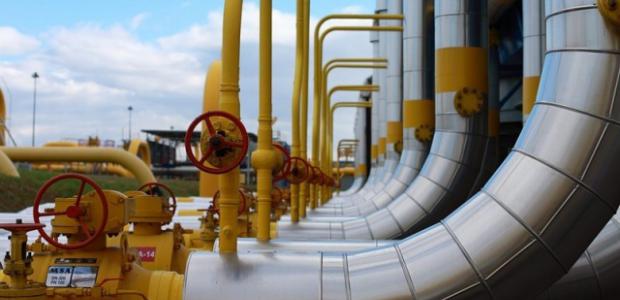The upgraded natural gas system compressor at the Greek-Bulgarian border, launched yesterday in Petrich, southwest Bulgaria, at a ceremony attended by the neighboring country’s Prime Minister Boyko Borisov and energy minister Temenuzhka Petkova, provides new standards and potential for bilateral natural gas trade, including greater inflow from the north.
The compressor, linked to Sidirokastro on the Greek side of the border, will be able to operate in reverse flow at a capacity of three billion cubic meters (bcm), annually, and ensure natural gas supply from Greece for Bulgaria, if required, the Bulgarian energy ministry noted in an announcement.
Petkova, in her statements, highlighted that Bulgaria now possesses the means to receive natural gas from Greece’s existing LNG terminal in Revythoussa, an islet just off Athens.
Upgrade work completed over the past eight months at three more Bulgarian compressor stations, in Strandzha, Ihtiman and Lozenets, will enable greater natural gas imports into Greece from Bulgaria via pipeline infrastructure and also enhance regional gas trade potential, market officials noted.
Earlier this month, small amounts of natural gas were imported into Greece via pipeline by a private-sector trading firm for the first time after pipeline capacity normally reserved for DEPA, the Public Gas Corporation, was made available.
DESFA, Greece natural gas grid operator, and its Bulgarian counterpart Bulgartransgaz are close to finalizing an interconnection agreement that promises to broaden natural gas trading potential.
DEPA, in a statement, offered its support to the ongoing talks between the two natural gas grid operators, noting that all necessary conditions are being established for robust competition in the Greek natural market, which, ultimately, will lead to lower prices for consumers.





